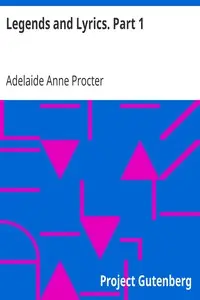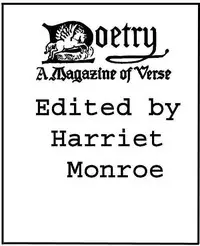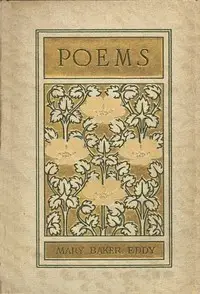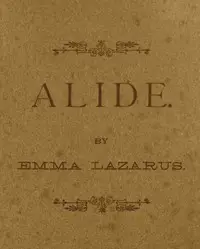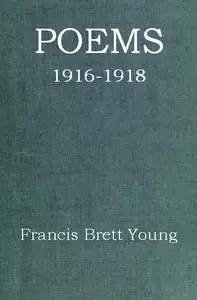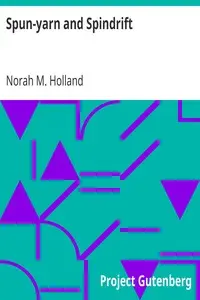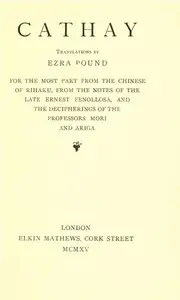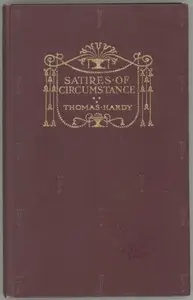"The Poems of Emma Lazarus, Volume 1" by Emma Lazarus is a compilation of diverse poems from the 1800s that explores themes of sorrow, selfhood, and aspirations using stories, feelings, and theatrical styles. It gives a glimpse into her life through influential poems such as "The New Colossus," which represents her connection to American values and identity. The collection also includes heartfelt works like "Sunrise," which reflects on the loss of President James A. Garfield, highlighting her importance as a voice of her era. The beginning of the book presents a view into Lazarus's personal life, showing her introspective personality as a writer, her main inspirations, the sadness in her writing, and the historical events that influenced her work. A segment introduces the poem "Epochs," where Lazarus walks through different parts of life, expressing them with striking images and deep feelings. The poem covers life stages from the happiness of youth to accepting challenges and seeking hope, summing up human life and personal journeys through both happiness and pain.

The Poems of Emma Lazarus, Volume 1
By Emma Lazarus
From the joy of youth to the acceptance of life’s trials, follow a poet's journey through heart-felt verses of grief, identity, and the pursuit of hope.
Summary
About the AuthorEmma Lazarus was an American author of poetry, prose, and translations, as well as an activist for Jewish and Georgist causes. She is remembered for writing the sonnet "The New Colossus", which was inspired by the Statue of Liberty, in 1883. Its lines appear inscribed on a bronze plaque, installed in 1903, on the pedestal of the Statue of Liberty. Lazarus was involved in aiding refugees to New York who had fled antisemitic pogroms in eastern Europe, and she saw a way to express her empathy for these refugees in terms of the statue. The last lines of the sonnet were set to music by Irving Berlin as the song "Give Me Your Tired, Your Poor" for the 1949 musical Miss Liberty, which was based on the sculpting of the Statue of Liberty. The latter part of the sonnet was also set by Lee Hoiby in his song "The Lady of the Harbor" written in 1985 as part of his song cycle "Three Women".
Emma Lazarus was an American author of poetry, prose, and translations, as well as an activist for Jewish and Georgist causes. She is remembered for writing the sonnet "The New Colossus", which was inspired by the Statue of Liberty, in 1883. Its lines appear inscribed on a bronze plaque, installed in 1903, on the pedestal of the Statue of Liberty. Lazarus was involved in aiding refugees to New York who had fled antisemitic pogroms in eastern Europe, and she saw a way to express her empathy for these refugees in terms of the statue. The last lines of the sonnet were set to music by Irving Berlin as the song "Give Me Your Tired, Your Poor" for the 1949 musical Miss Liberty, which was based on the sculpting of the Statue of Liberty. The latter part of the sonnet was also set by Lee Hoiby in his song "The Lady of the Harbor" written in 1985 as part of his song cycle "Three Women".

